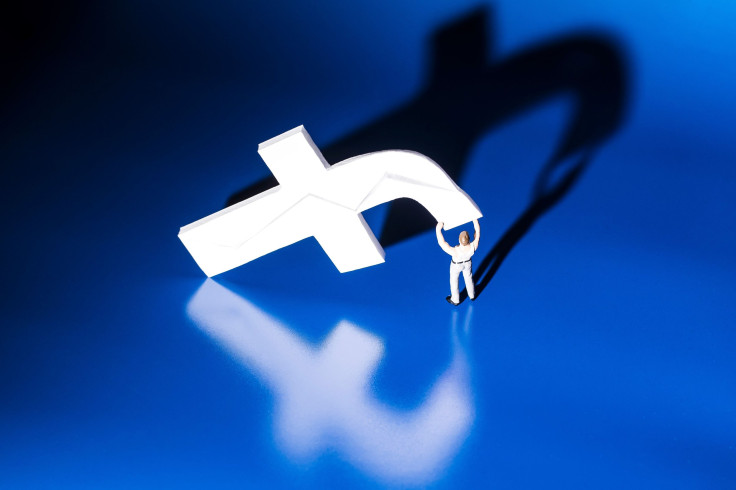Facebook To Make Large Page Managers Verify Their Identities

As Facebook tries to navigate privacy issues and foreign election meddling, Mark Zuckerberg’s social network has introduced several new policies throughout 2018. Facebook most recently announced it will require increased verification from any pages in the United States with sufficiently large follower counts. The change was outlined in a blog post published on Friday.
The process appears fairly simple. When someone who manages a page with a large reach logs in, they may be prompted to comply with a couple of security measures so Facebook knows they are legitimate. First, they will have to verify their personal account. This can be done by turning on two-factor authentication, so Facebook knows the only person who can manage the page is whoever runs that account. After that, the user will need to prove they actually live in the country they claim to live in.
Facebook promised the entire verification process should only take minutes. Anyone who chooses not to complete the process will be locked out from posting on their own page. Lastly, Facebook said its subsidiary Instagram will get similar features soon.

This development will come as no surprise to anyone who has followed along with Facebook’s tumultuous year. Amid concerns over foreign entities using the platform to mislead voters ahead of important U.S. elections, Facebook has introduced a number of features to curb the problem. These features aim to increase transparency and discourage bad actors from using techniques they used during the 2016 presidential election.
Last month, Facebook purged dozens of pages and Instagram account after an internal investigation found they may have belonged to trolls, possibly in Russia. Facebook claimed the accounts were posting misleading or divisive political content to possibly influence voters ahead of the 2018 congressional midterms in November.
Prior to that, Facebook started showing who exactly paid for any political ads that show up on users’ newsfeeds. Russian ads appeared on the site prior to the 2016 election, which some speculate could have influenced voters. Right-wing election consulting firm Cambridge Analytica also controversially catered political content to users based on personal data the firm harvested from users.
© Copyright IBTimes 2024. All rights reserved.











